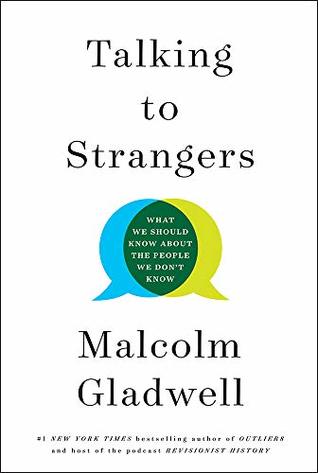We’ve got a mix of world literature, Pulitzer-Prize winning novels, a non-fiction recommendation, and even something for kids. Take your pick!

- Wonder by R.J. Palacio
What it’s about: 10-year-old Auggie Pullman has a facial disfigurement that makes him the target of bullying when he attends school for the first time.
Why we recommend it: “Wonder” is packaged as a children’s book but the situations presented are things that even grown-ups can relate to, such as the anxieties that come with trying to fit in and the desire to be accepted for our differences.
Quotable quote: “We carry with us, as human beings, not just the capacity to be kind, but the very choice of kindness.”

- To Kill a Mockingbird by Harper Lee
What it’s about: An African-American man is wrongly accused of a crime, and his Caucasian neighbor steps up to defend him despite opposition from all fronts
Why we recommend it: The themes and lessons of this book are as important today as they were when the story was first published in 1960. We need to be reminded that despite increasing awareness and belonging to a “woke” generation, racial and class discrimination continue to affect many people around the world today.
Quotable quote: “You never really understand a person until you consider things from his point of view.”

- The Road by Cormac McCarthy
What it’s about: A father and son travel on foot across a post-apocalyptic land and in the process encounter a variety of people — some good, many bad.
Why we recommend it: At first glance, killing, stealing, and committing acts of unspeakable cruelty seem to be the only ways one can survive in a cruel world. But the father constantly reminds his son to “carry the fire” — to act with kindness, compassion, and decency no matter how terrible things are.
Quotable quote: “All things of grace and beauty such that one holds them to one’s heart have a common provenance in pain. Their birth in grief and ashes.”

- The Kite Runner by Khaled Hosseini
What it’s about: This is the first Afghan novel written in English. The main character, Amir, seeks atonement for betraying a friend.
Why we recommend it: Amir spends much of the novel plagued by guilt, and it is only through empathy that he finds redemption and self-forgiveness.
Quotable quote: “Not a word passes between us, not because we have nothing to say, but because we don’t have to say anything.”

- Talking to Strangers: What We Should Know About The People We Don’t Know by Malcolm Gladwell
What it’s about: Studies the miscommunication, interactions, and assumptions people make when dealing with those that they don’t know.
Why we recommend it: How many times have we avoided talking to people who think and act differently from us, resulting in conflicts or misunderstanding? By using real-life examples, Gladwell teaches us how we can bridge this divide and avoid failure of communication.
Quotable quotes: “The first set of mistakes we make with strangers…has to do with our inability to make sense of the stranger as an individual.”
Do you have your own book recommendations? Share them in the comments below!
— Written by Jaclyn Lutanco-Chua of MindNation


















